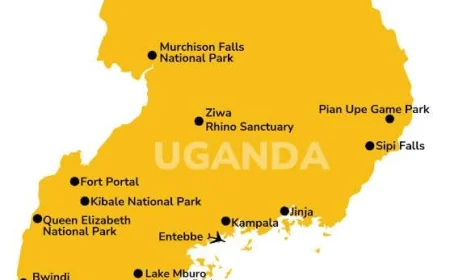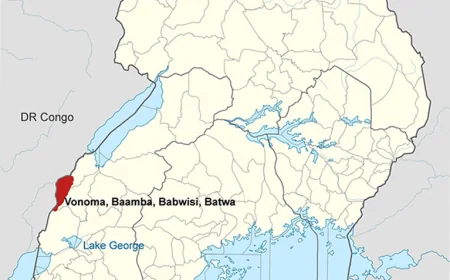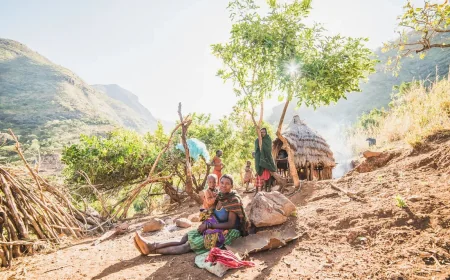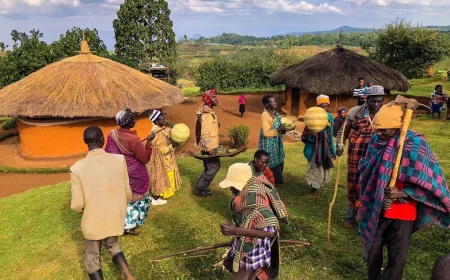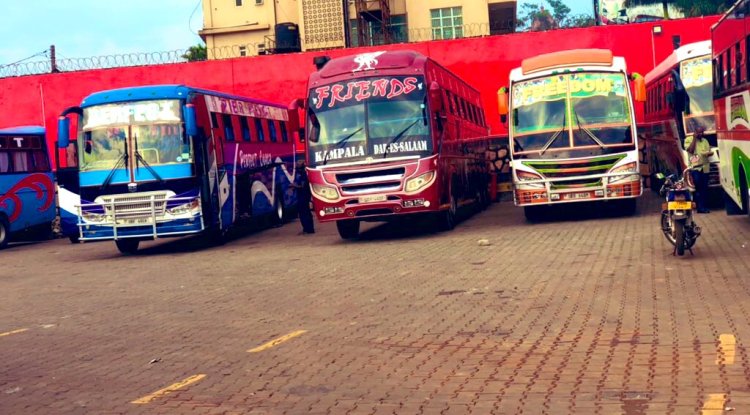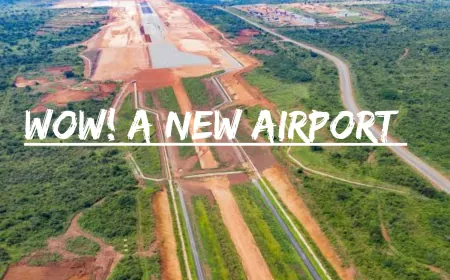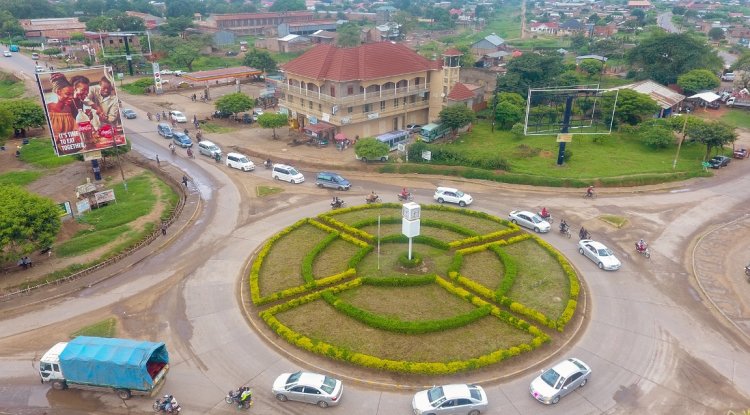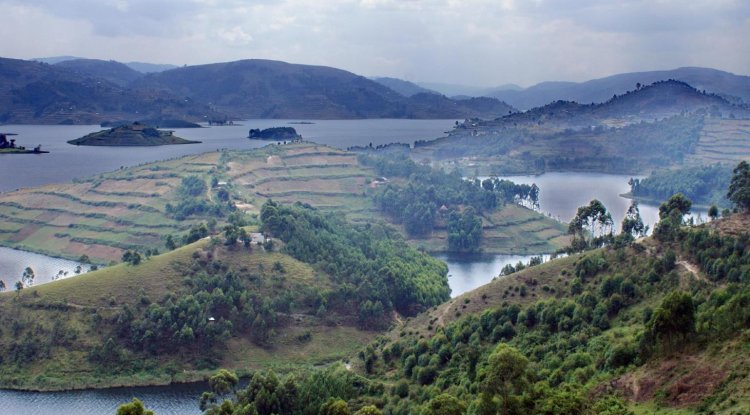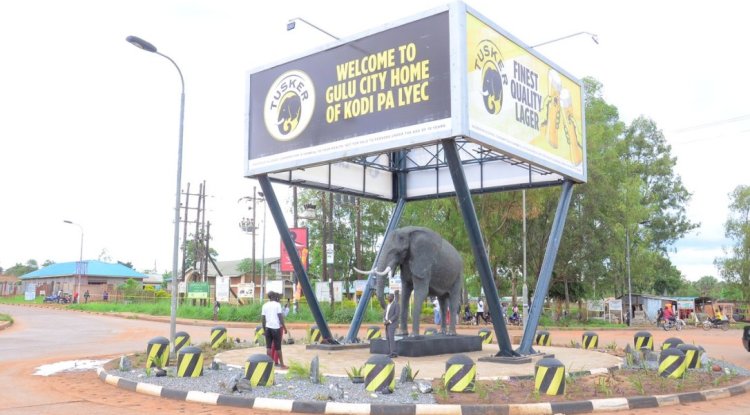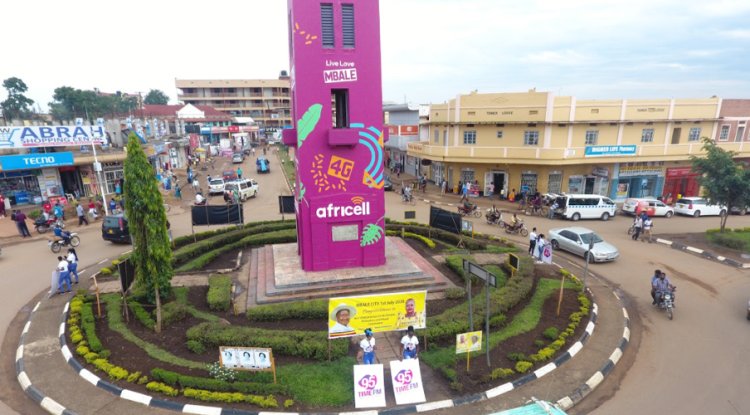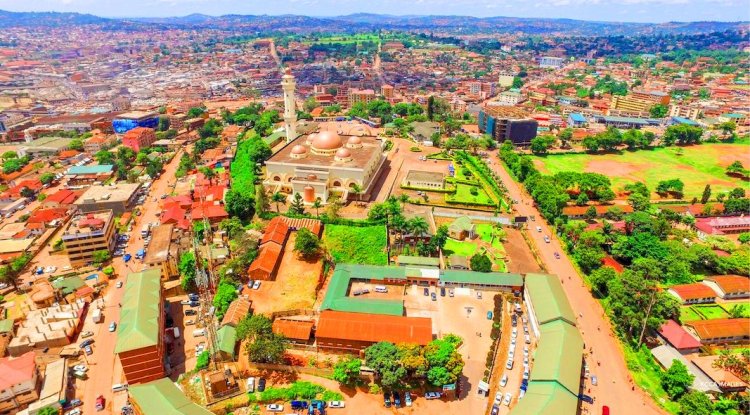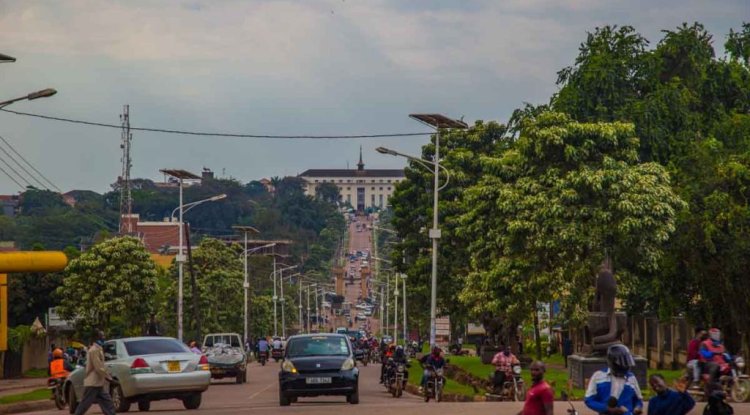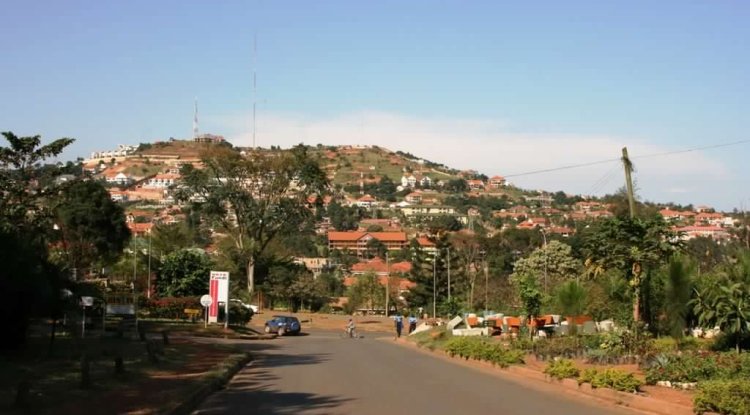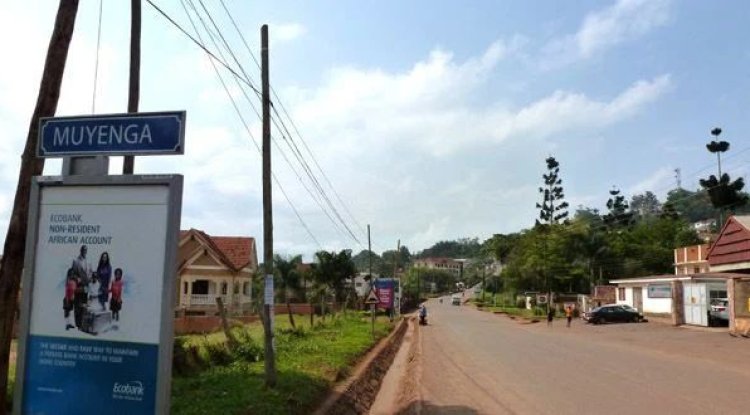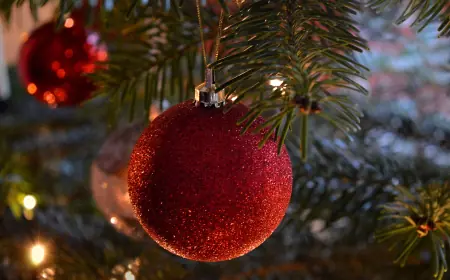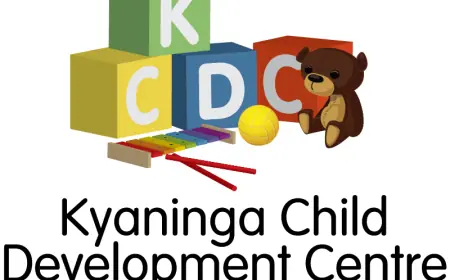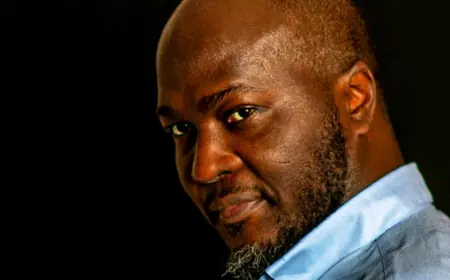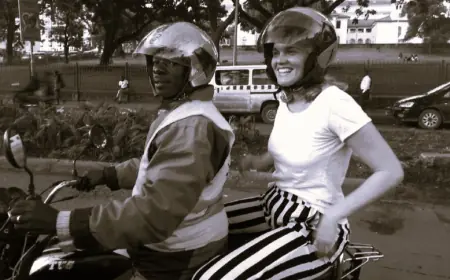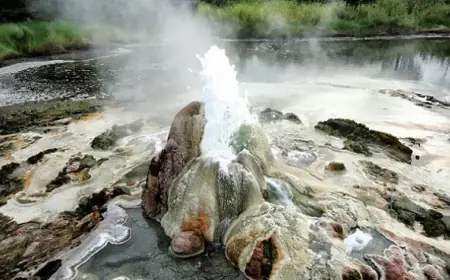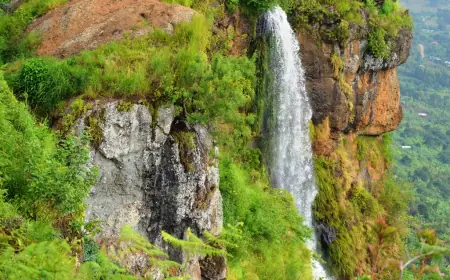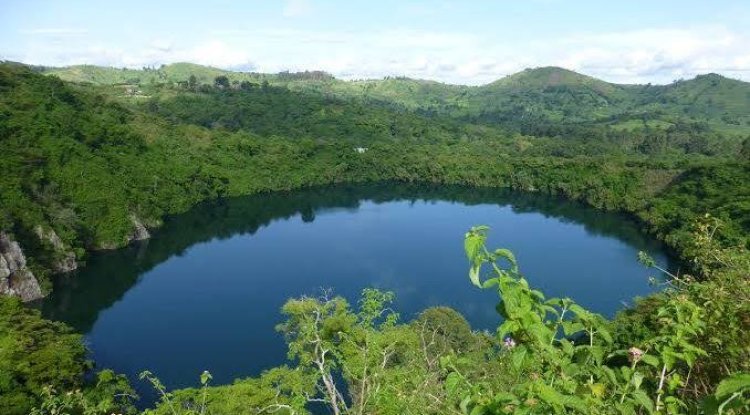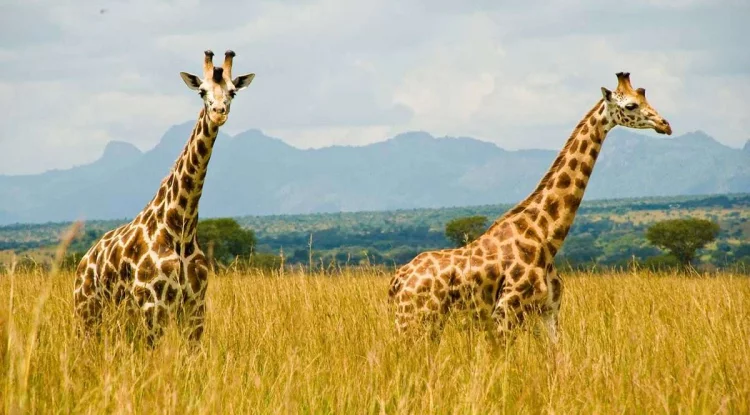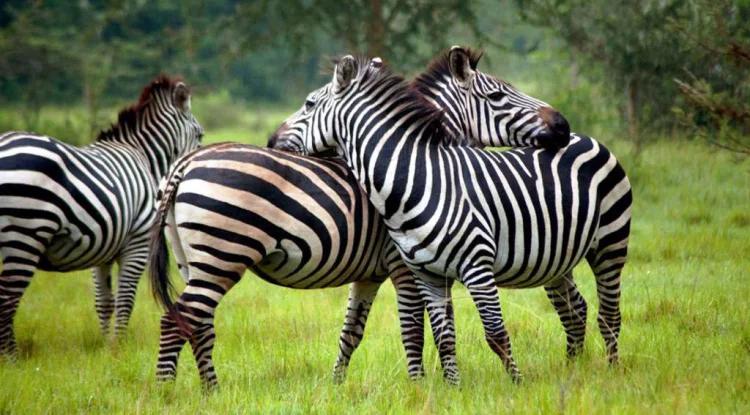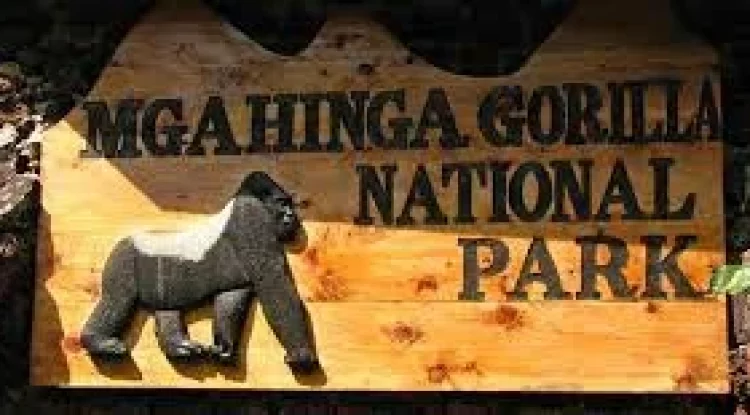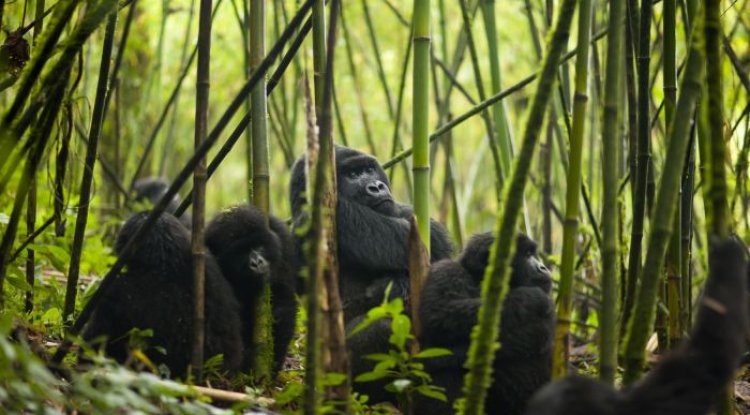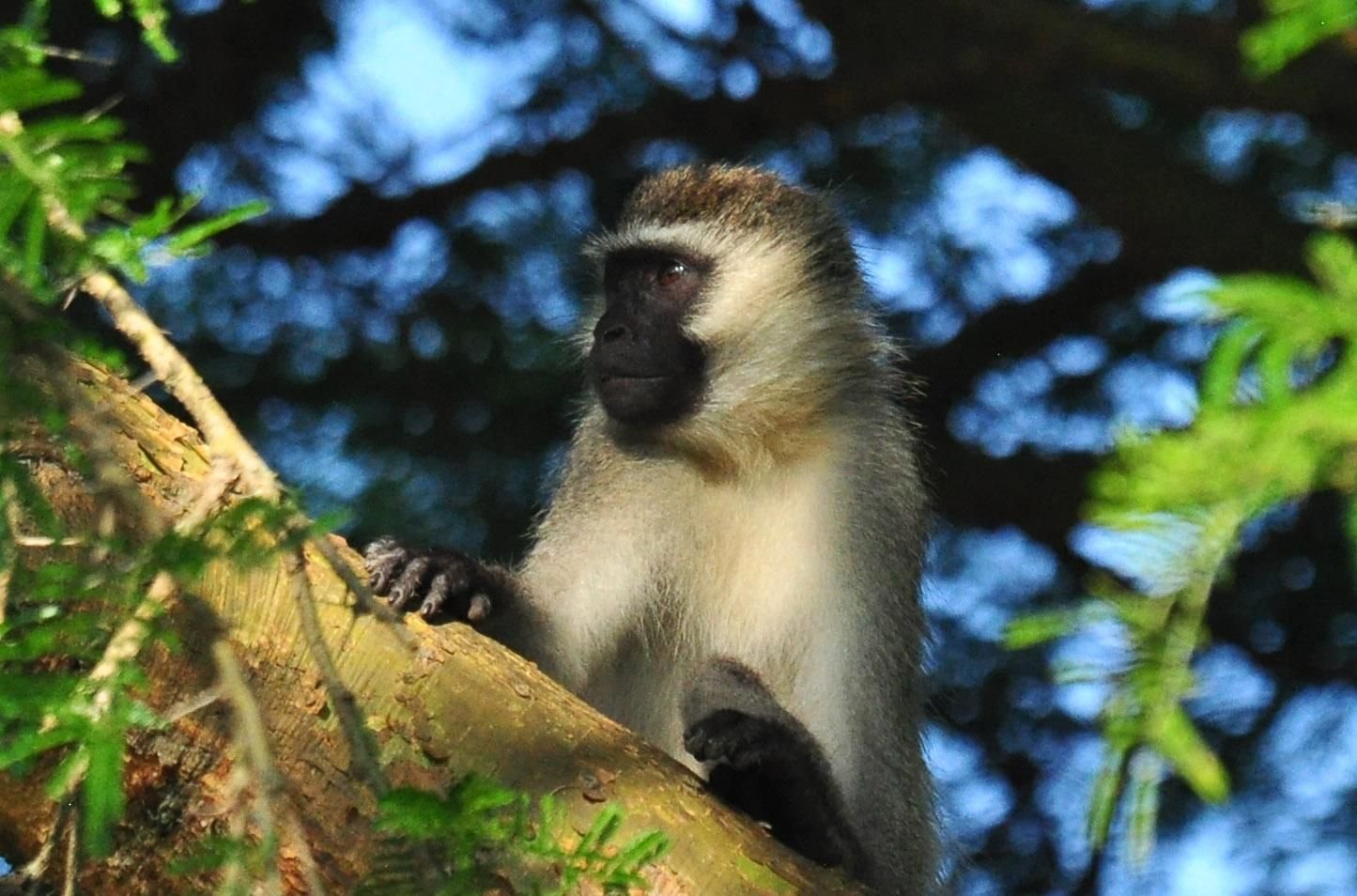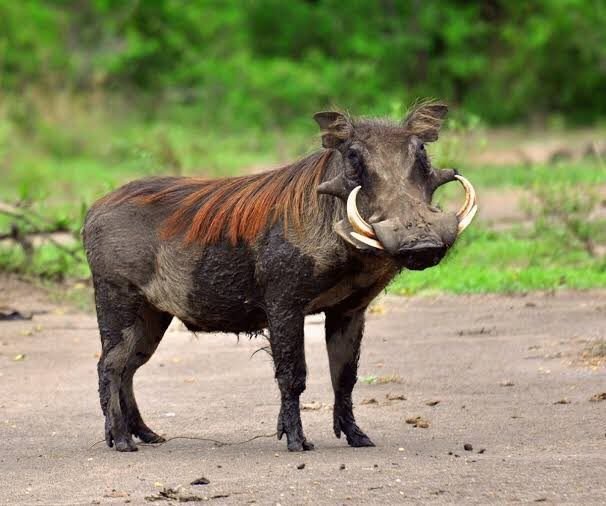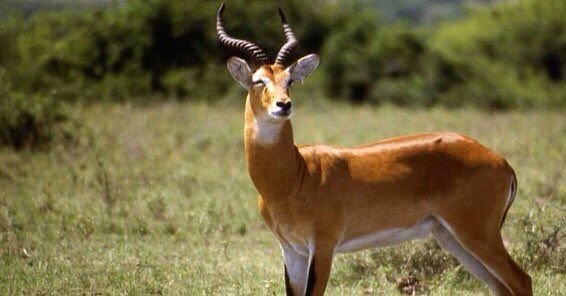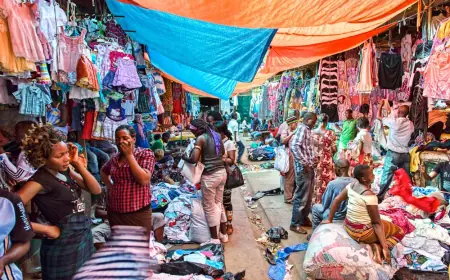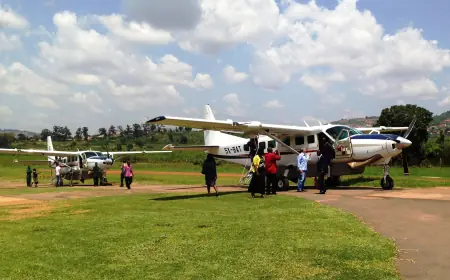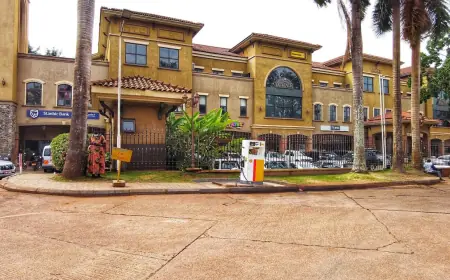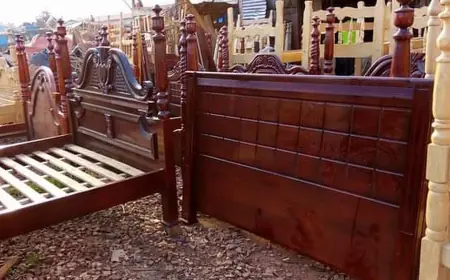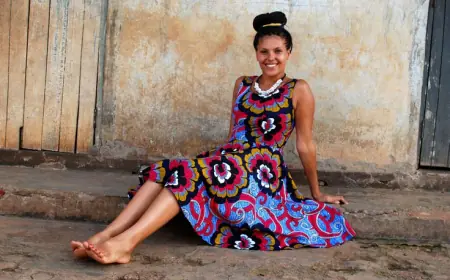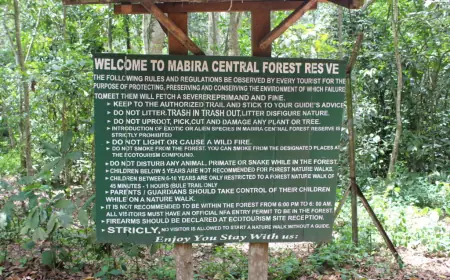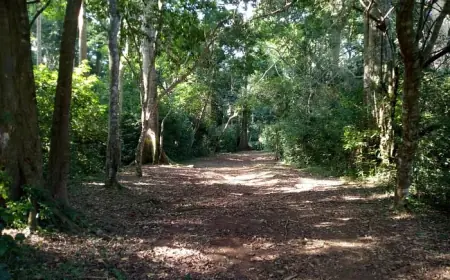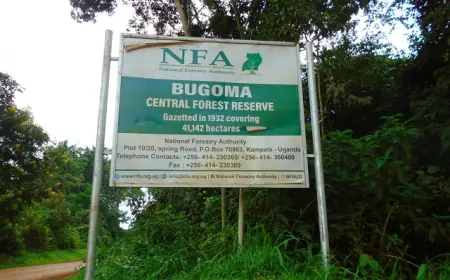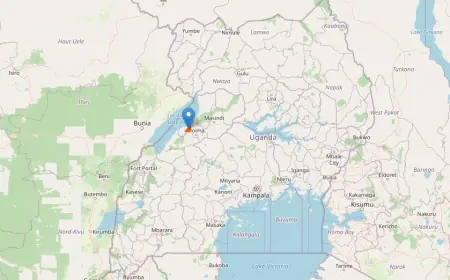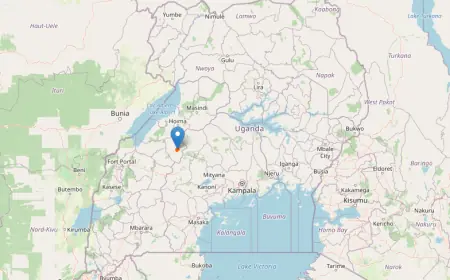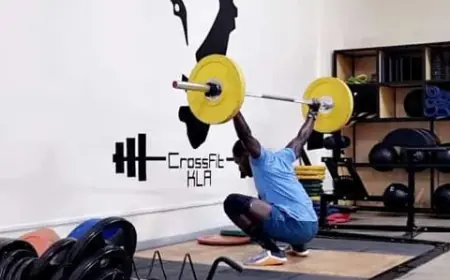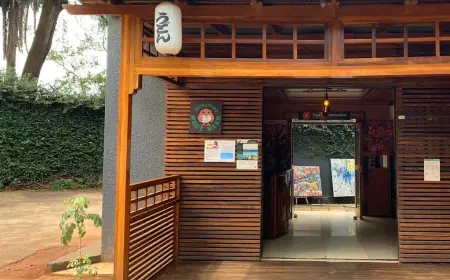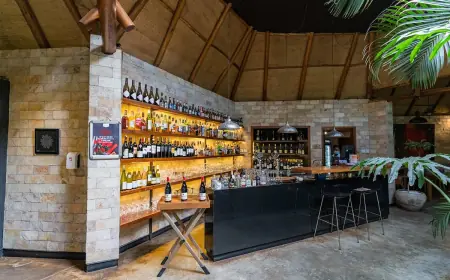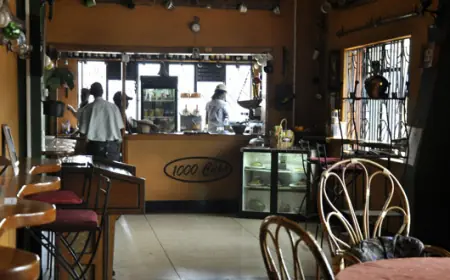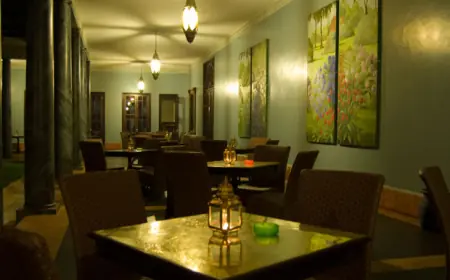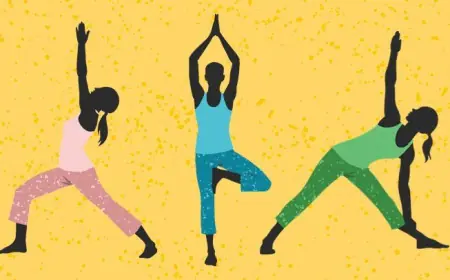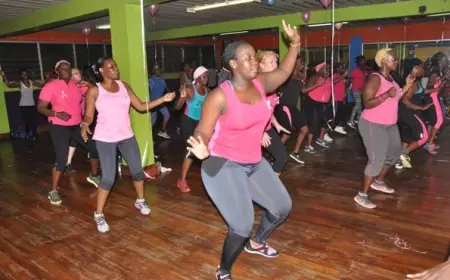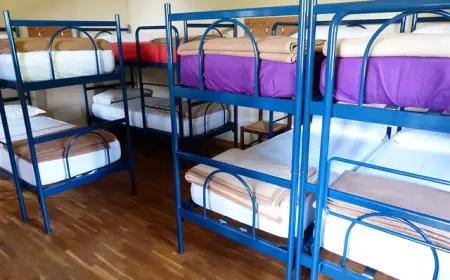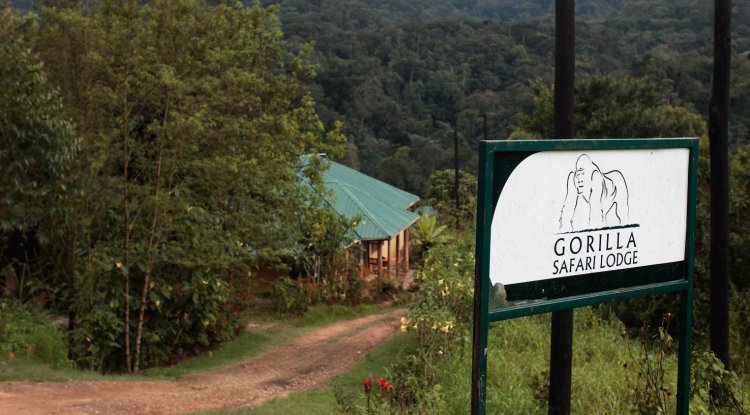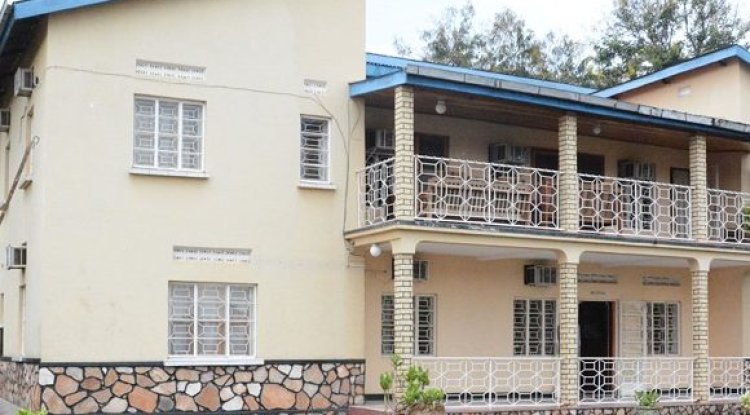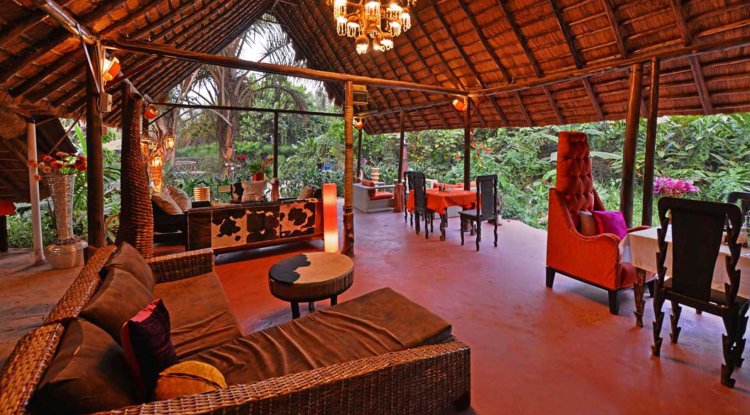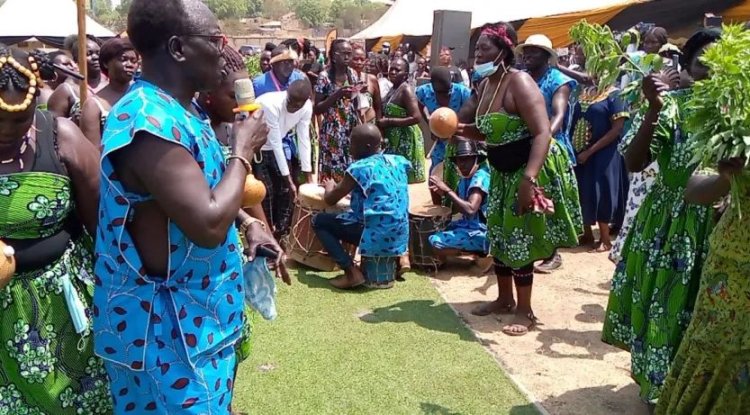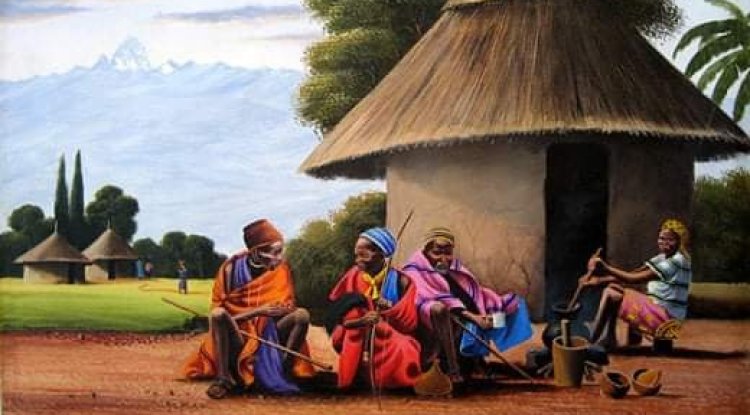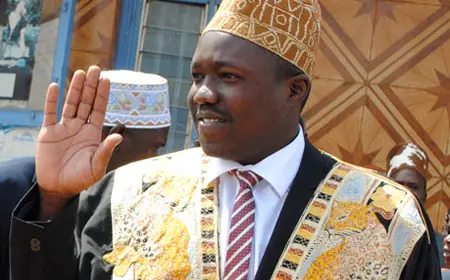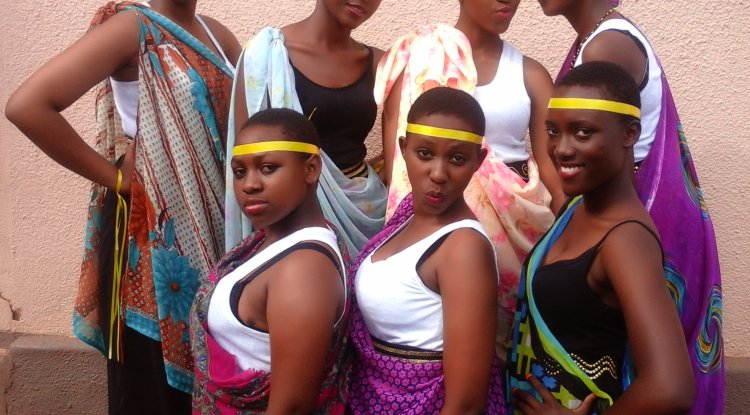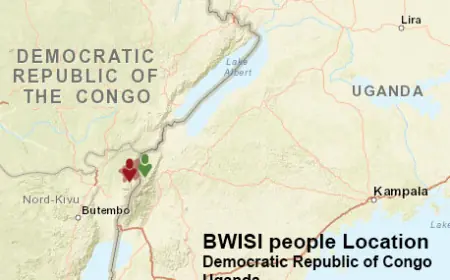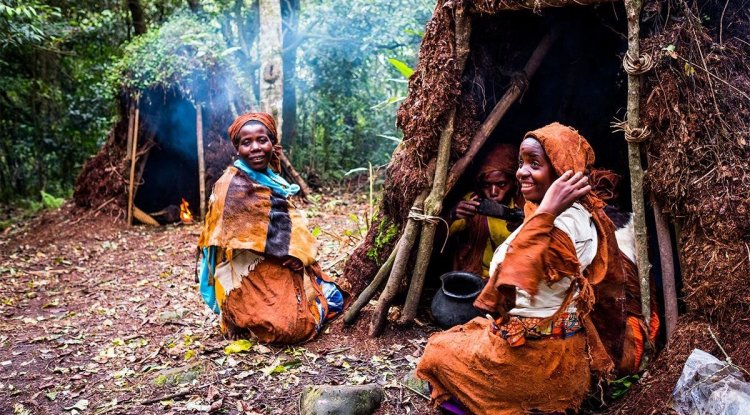The Acholi: A Proud and Resilient People
The Acholi are a proud and resilient people who have a rich and diverse culture, a long and turbulent history, and a bright and promising future. They are an integral part of the Ugandan nation and a valuable member of the human family.
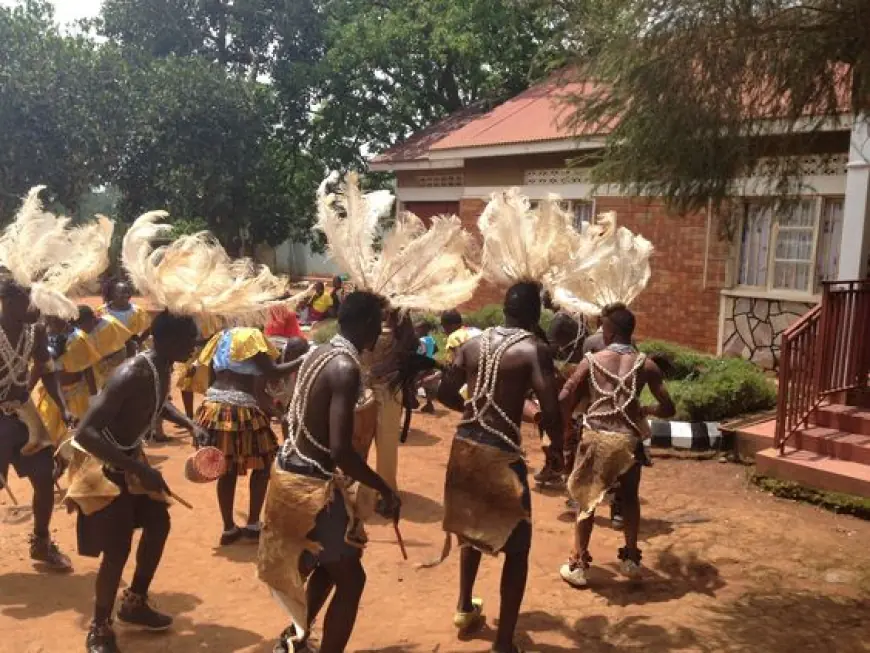
The sun was setting over the hills of Acholiland, painting the sky with orange and purple hues. A young boy named Otim was sitting under a mango tree, listening to his grandfather tell stories of their ancestors. He learned how the Acholi migrated from South Sudan centuries ago, how they established small chiefdoms and clans, how they fought bravely against invaders and oppressors, and how they preserved their rich culture and traditions. He felt a surge of pride and curiosity as he asked his grandfather more questions about their history and identity.
The Acholi are one of the many ethnic groups that inhabit Uganda, a landlocked country in East Africa. They are part of the larger Luo family, a Nilotic group that also includes the Lango, Alur, Jopadhola, and Joluo of Kenya and Tanzania. The Acholi speak a Western Nilotic language called Acholi, which is closely related to Lango and Dholuo. They mainly live in the northern districts of Agago, Amuru, Gulu, Kitgum, Lamwo, Nwoya, Omoro, and Pader, an area collectively known as Acholiland. They also have a presence in Magwi County in South Sudan, where they are sometimes called Shuli or Gang.
Demography and Statistics
According to the 2014 census, the Acholi population in Uganda was 1,393,681, which accounted for about 3.7% of the total population of the country. The majority of the Acholi are rural dwellers engaged in subsistence farming and animal husbandry. They grow crops such as millet, sorghum, maize, beans, groundnuts, cassava, and vegetables, and raise cattle, sheep, goats, and poultry. They also practice fishing, hunting, and beekeeping. Some Acholi have migrated to urban areas, especially Kampala, the capital city, where they work in various sectors such as education, health, business, and politics.
The Acholi have a high fertility rate, with an average of 6.7 children per woman. They also have a high mortality rate, with an average life expectancy of 46.3 years. The Acholi have a low literacy rate, with only 57.3% of the population aged 10 years and older able to read and write. The primary school enrollment rate is 89.4%, but the completion rate is only 38.9%. The secondary school enrollment rate is 16.9%, but the completion rate is only 6.4%. The Acholi face many challenges in accessing quality education, health care, and other social services due to poverty, insecurity, and inadequate infrastructure.
Culture and Traditions
The Acholi have a rich and diverse culture, which is expressed through their music, dance, art, literature, religion, and customs. They are known for their musical instruments, such as the adungu (a harp), the nanga (a zither), the lukeme (a thumb piano), the calabash (a gourd drum), and the orak (a horn). They are also famous for their dances, such as the larakaraka (a courtship dance), the bila (a dance of praise), the dingi-dingi (a dance of joy), the ajere (a dance of sorrow), and the oyoo (a dance of war). The Acholi have a rich oral tradition, which includes proverbs, riddles, folktales, legends, myths, and songs. Some of their notable literary figures are Okot p'Bitek, the author of Song of Lawino and Song of Ocol, and Laban Erapu, the poet of The Teeth of the Wind.
The Acholi are predominantly Christian, with about 80% belonging to the Roman Catholic Church and 15% to the Anglican Church. They also retain some aspects of their traditional religion, which is based on the belief in a supreme being called Jok (or Rubanga), who is the creator and sustainer of life. They also believe in the existence of spirits, ancestors, and divinities who can influence human affairs for good or evil. They practice rituals such as sacrifices, prayers, offerings, and ceremonies to appease or invoke these supernatural forces. They also have a system of divination, healing, and witchcraft, which is performed by specialists such as ajwaki (diviners), ajaka (healers), and ajogi (witches).
The Acholi have a patrilineal kinship system, which means that descent and inheritance are traced through the father's line. They are divided into clans, which are named after animals, plants, or natural phenomena. Each clan has a totem, which is a symbol of its identity and origin. The clan members are not allowed to eat or harm their totem or to marry within their clan. The clans are further subdivided into lineages, which are groups of people who share a common ancestor. The lineages are the basic units of social organization, and they have their own leaders, elders, and councils. The Acholi also have a system of age sets, which are groups of people who are initiated into adulthood at the same time. The age sets have their own names, roles, and responsibilities in society.
The Acholi have a traditional political system which is based on the institution of the rwot (chief). The rwot is the head of a chiefdom, which is a territorial unit that comprises several villages. The rwot is chosen from a particular lineage, and he inherits his position from his father or uncle. The rwot is assisted by a council of elders, who advise him on matters of governance, justice, and welfare. The rwot is also the custodian of the land, which is owned collectively by the clan members. The rwot has the power to allocate land to individuals or families according to their needs and contributions. The rwot is also the spiritual leader of his people, and he performs rituals and ceremonies to ensure the harmony and prosperity of his community.
History and Politics
The Acholi have a long and turbulent history, which has shaped their identity and destiny. They trace their origins to the Luo migration from South Sudan, which occurred between the 15th and 17th centuries. They settled in the northern part of Uganda, where they encountered and assimilated other ethnic groups, such as the Madi, the Kakwa, and the Lugbara. They also interacted and traded with other neighboring peoples, such as the Bantu-speaking Baganda, Banyoro, and Banyankole, and the Nilotic-speaking Karamojong and Iteso. They also faced invasions and raids from the Turkana, the Toposa, and the Dinka, who competed with them for resources and territory.
The Acholi were first exposed to European influence in the late 19th century, when explorers, missionaries, and traders arrived in their region. They were initially resistant to British colonial rule, which was established in 1894. They participated in several rebellions, such as the Lamogi rebellion of 1911, the Nyangire rebellion of 1919, and the Bwobo rebellion of 1921. They also resisted the imposition of taxes, labor, and land alienation by the colonial administration. However, they also benefited from colonial policies, such as the construction of roads, schools, and hospitals and the introduction of cash crops such as cotton and tobacco. They also joined the colonial army, the King's African Rifles, where they gained a reputation for their bravery and loyalty.
The Acholi played an important role in the struggle for Uganda's independence, which was achieved in 1962. They were represented by political parties, such as the Uganda People's Congress (UPC), the Democratic Party (DP), and the Uganda People's Union (UPU). They also produced prominent leaders, such as Milton Obote, the first prime minister and president of Uganda, and Tito Okello, the president of Uganda in 1985. However, they also suffered from the political instability and violence that plagued the country after independence. They were victims of the brutal regimes of Idi Amin (1971–1979) and Yoweri Museveni (1986–present), who persecuted, killed, and displaced thousands of Acholi for their perceived opposition and ethnicity. They also endured the atrocities of the Lord's Resistance Army (LRA), a rebel group led by Joseph Kony, who claimed to fight for the rights of the Acholi but who terrorized, abducted, and mutilated them for over two decades.
The Acholi have been resilient and hopeful in the face of adversity. They have sought peace and justice through various means, such as dialogue, negotiation, reconciliation, and litigation. They have also pursued development and recovery through various initiatives, such as education, health, agriculture, trade, and tourism. They have also maintained and celebrated their culture and heritage through festivals, museums, and monuments. They have also contributed to the national and global society through their achievements in sports, arts, media, and academia.
The Acholi are a proud and resilient people who have a rich and diverse culture, a long and turbulent history, and a bright and promising future. They are an integral part of the Ugandan nation and a valuable member of the human family.
What's Your Reaction?
 Like
2
Like
2
 Dislike
0
Dislike
0
 Love
1
Love
1
 Funny
0
Funny
0
 Angry
0
Angry
0
 Sad
0
Sad
0
 Wow
2
Wow
2
